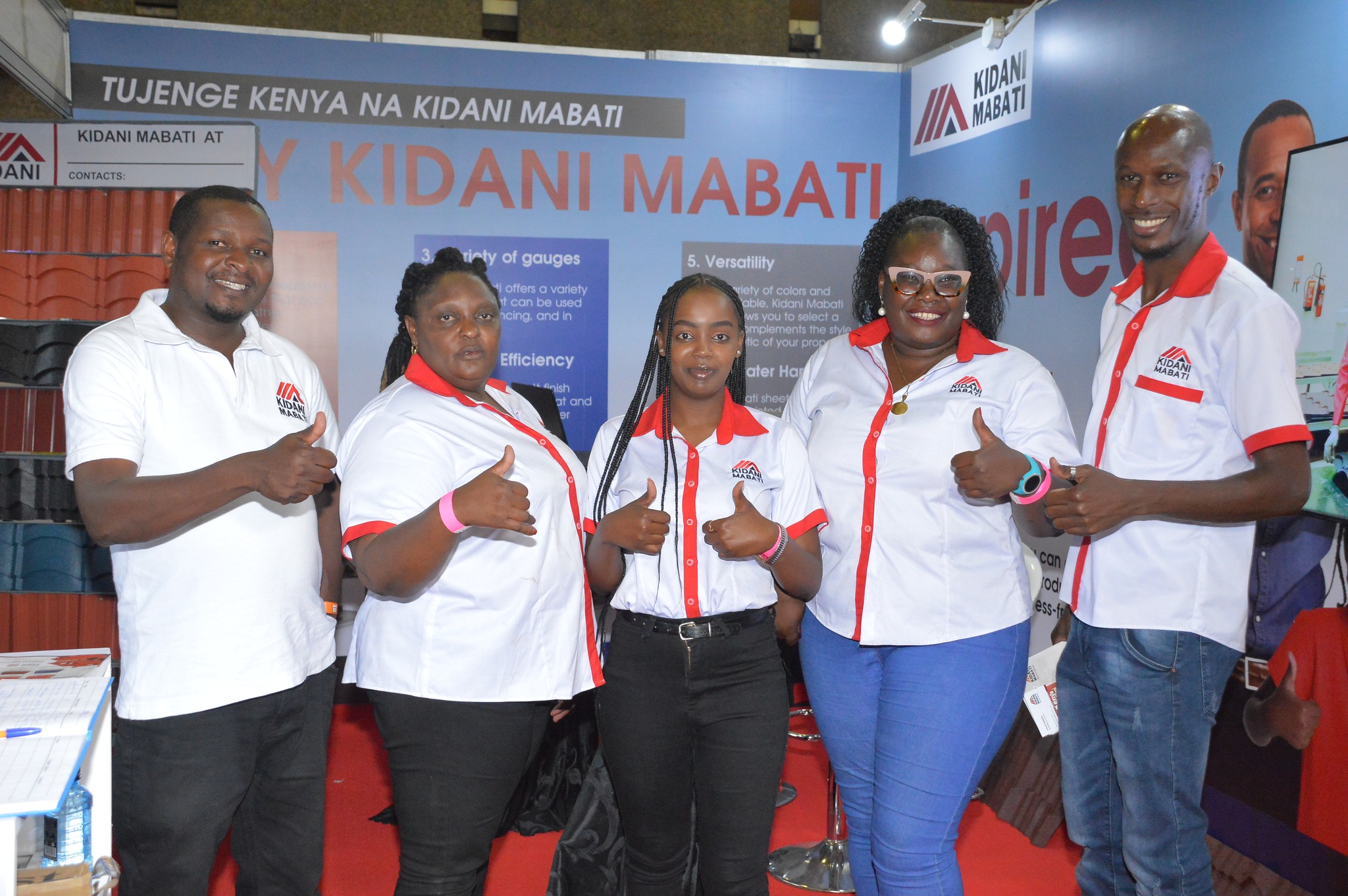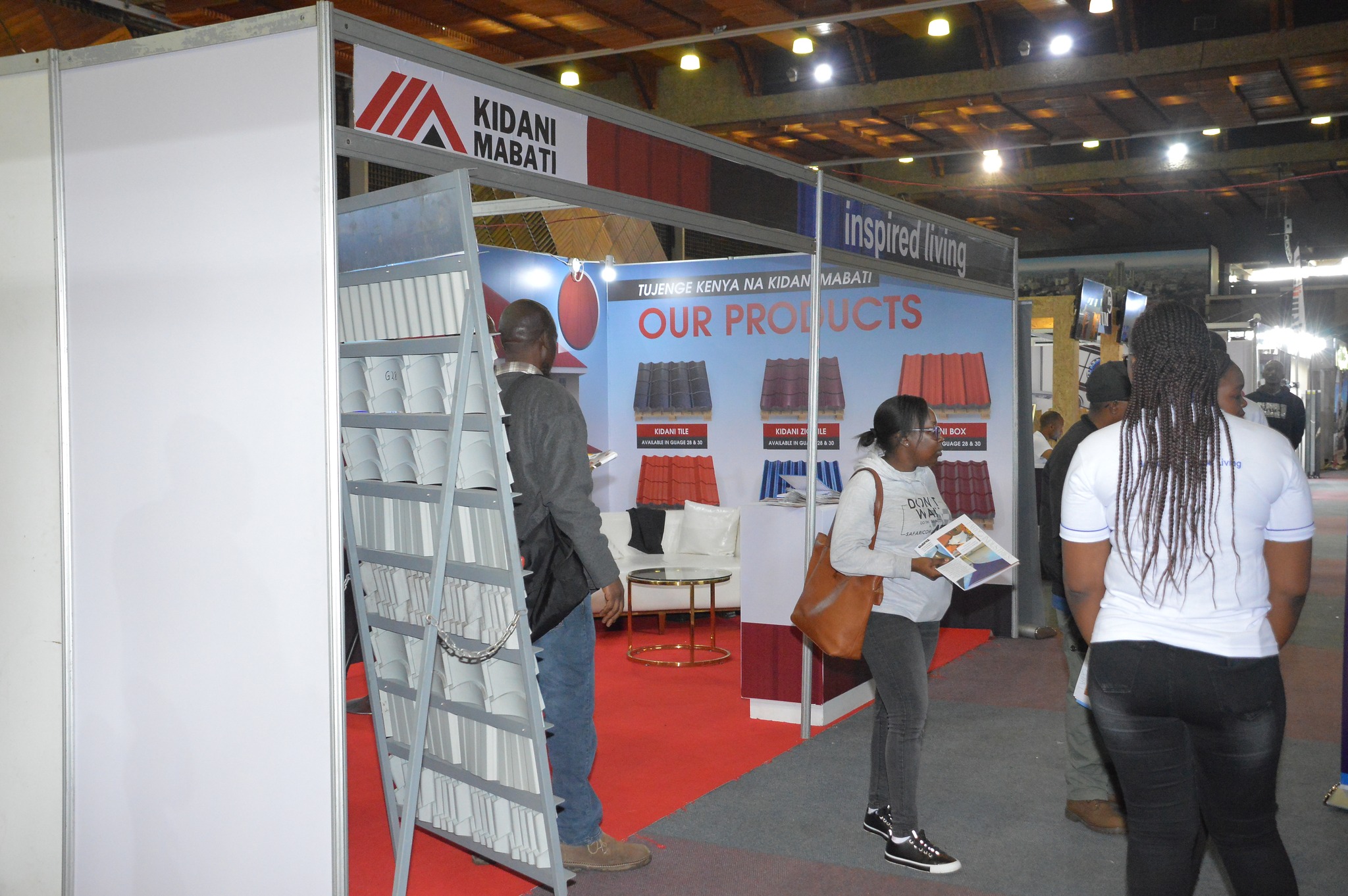Choosing the right mabati (iron sheets) for your roofing project is one of the most important decisions you’ll make when building or renovating your home. The quality, design, and durability of your roofing not only affect the appearance of your property but also its ability to withstand Kenya’s diverse climate conditions—from the coastal humidity of Mombasa to the cooler, wetter highlands of Nyeri and Kericho.
In this article, we’ll guide you through the key factors to consider when selecting the best mabati for your project and how Kidani Mabati can help you make the right choice.
1. Understand the Types of Mabati in the Market
Before making a purchase, it’s crucial to know the different types of mabati available in Kenya. Each type serves a different need and budget:
-
Corrugated Mabati: This is the most traditional and widely used type. It features classic wavy ridges and is ideal for residential and commercial buildings.
-
Box Profile Mabati: These iron sheets have a more modern look with wider ridges. They offer better water flow and are often chosen for their aesthetic appeal.
-
Tile Profile Mabati: Designed to resemble ceramic tiles, this type adds a classy finish to your roof while maintaining the strength of metal.
-
Colored and Textured Mabati: These are coated with various finishes and colors for durability and visual appeal. Some even come with stone-coated or matte finishes for added luxury.
At Kidani Mabati, we offer all the above profiles in a variety of colors and gauges to match your needs and personal taste.

2. Consider the Mabati Gauge (Thickness)
The gauge number determines the thickness of the sheet—the lower the gauge, the thicker and stronger the mabati.
-
Gauge 28 and 30 are the most common for residential roofing in Kenya.
-
Gauge 26 is thicker and is often used in high-end projects or for areas with harsh weather conditions.
Choosing the right gauge balances durability and cost. Thicker sheets are more expensive but offer better resistance against dents, rust, and extreme weather. If you’re building in an area that experiences strong winds or heavy rainfall, consider a lower gauge for added security.
3. Look for Coated and Rust-Resistant Sheets
Kenya’s climate can be harsh, especially in coastal and humid regions. That’s why choosing mabati with protective coatings such as aluminum-zinc (AZ) or galvanized finishes is essential.
Kidani Mabati sheets are manufactured using premium aluminum-zinc coated steel, offering up to 4 times more rust resistance than standard galvanized sheets. Our color-coated options also provide UV protection, helping your roof maintain its vibrant color for years.
4. Pick the Right Mabati Color
The color of your roofing can influence the overall look and resale value of your home. More importantly, color affects how much heat your house absorbs. Lighter colors like white, cream, or sky blue reflect sunlight, keeping interiors cooler in hot regions. Darker colors like maroon, charcoal, and dark green absorb more heat and can be beneficial in cooler climates.
Kidani Mabati offers a wide range of stylish, fade-resistant colors to match any architectural style. Our modern matte and glossy finishes give your home a polished, premium look.
5. Consider the Roof Design and Slope
Your roof’s pitch or slope plays a major role in the kind of mabati you should choose:
-
Steep roofs allow water to drain faster, so most profiles will work well.
-
Low-pitched or flat roofs require mabati with deep ridges like box profile to prevent water pooling.
Tile profile mabati, while stylish, is best suited for steeper roofs to avoid leaks.
If you’re unsure about your roof’s specifications, our team at Kidani Mabati offers free consultations to help you choose the most suitable product based on your architectural drawings.
6. Check for Quality Certification
Always ensure the mabati you purchase comes from a trusted manufacturer and meets Kenyan Bureau of Standards (KEBS) requirements. Uncertified iron sheets may be cheaper, but they often rust faster, are thinner than stated, and offer poor value in the long run.
Kidani Mabati prides itself on delivering KEBS-certified, factory-tested mabati made using the latest roofing technology. Every batch is quality-checked to ensure our customers receive only the best.
7. Factor in Pricing and Warranty
While cost is an important factor, it should not be the only one. Always consider long-term value over short-term savings. Thicker, high-quality, coated mabati may cost more upfront but will save you from frequent repairs or early replacements.
At Kidani Mabati, we offer affordable pricing, transparent quotes, and warranties of up to 15 years, depending on the product. This gives our clients peace of mind, knowing their investment is protected.
8. Work with a Trusted Supplier
Lastly, always buy your mabati from a reputable company that offers:
-
Quality assurance
-
After-sale support
-
Fast delivery
-
Custom cutting options
-
Technical advice and roofing accessories
Kidani Mabati has built a strong reputation across Kenya for being a reliable partner in roofing. We offer free site delivery, custom lengths, and a dedicated support team to walk with you from selection to installation.
Final Thoughts
Choosing the right mabati goes beyond just picking a color or profile—it’s about quality, protection, and value. Your roof is your home’s first line of defense against weather, so investing in the right iron sheets will give you peace of mind for decades.
Whether you’re building your dream home, a rental unit, or a commercial project, Kidani Mabati is here to provide roofing solutions that are stylish, durable, and affordable.
Ready to get started?
Contact us today or use our quote calculator to estimate the cost of your roofing project in minutes!

